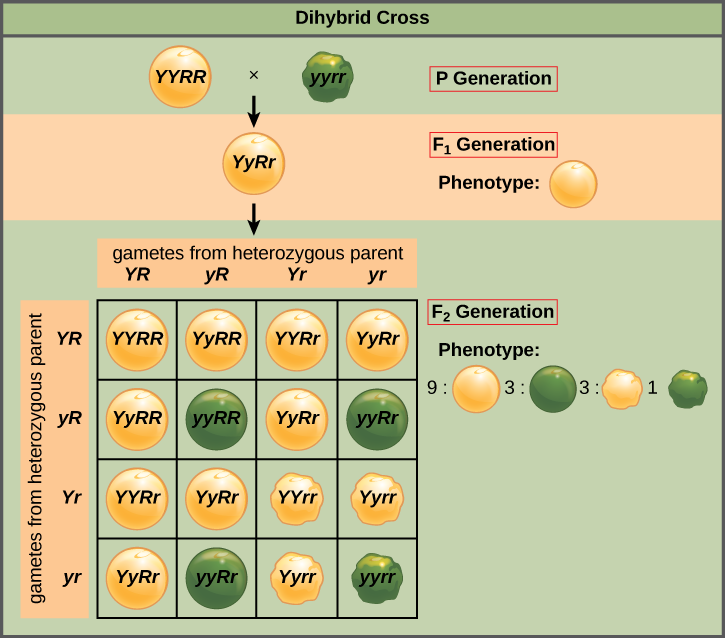What Could Online Privacy Do To Make You Switch?
Two months ago privacy supporters & advocates revealed proposed future legislation to develop an online privacy law setting harder data privacy standards for Facebook, Google, Amazon and many other online platforms. These companies gather and utilize large quantities of consumers personal data, much of it without their knowledge or real approval, and the law is meant to defend against privacy harms from these practices.
The higher standards would be backed by increased charges for disturbance with privacy under the Privacy Act and greater enforcement powers for the federal privacy commissioner. Major or duplicated breaches of the law could carry penalties for business.
Does Online Privacy With Fake ID Sometimes Make You're Feeling Stupid?
Appropriate companies are likely to attempt to prevent commitments under the law by drawing out the procedure for registering the law and drafting. They are likewise likely to try to omit themselves from the code's protection, and argue about the meaning of individual details.
 The present definition of personal information under the Privacy Act does not clearly consist of technical data such as IP addresses and device identifiers. Upgrading this will be crucial to ensure the law is effective.
The present definition of personal information under the Privacy Act does not clearly consist of technical data such as IP addresses and device identifiers. Upgrading this will be crucial to ensure the law is effective.
The law would target online platforms that "collect a high volume of personal details or sell individual information", consisting of social networks networks such as Facebook; dating apps like Bumble; online blogging or online forum websites like Reddit; video gaming platforms; online messaging and video conferencing services such as WhatsApp, Zoom and information brokers that trade in individual information as well as other big online platforms that collect individual info.
The law would impose greater standards for these companies than otherwise use under the Privacy Act. The law would also set out detailed information about how these organisations must fulfill responsibilities under the Privacy Act. This would consist of greater standards for what constitutes users consent for how their data is used.
The federal government's explanatory paper states the law would require permission to be voluntary, informed, unambiguous, present and particular. The draft legislation itself does not really say that, and will need some modification to achieve this.
This description draws on the meaning of approval in the General Data Protection Regulation. Under the proposed law, consumers would need to provide voluntary, notified, unambiguous, particular and existing consent to what companies make with their data.
In the EU, for example, unambiguous consent means a person should take clear, affirmative action-- for example by ticking a box or clicking a button-- to grant a use of their info. Consent must also specify, so business can not, for example, require consumers to consent to unassociated uses such as marketing research when their data is just needed to process a particular purchase.
The customer supporter recommended we must have a right to eliminate our individual information as a means of minimizing the power imbalance in between customers and large platforms. In the EU, the "ideal to be forgotten" by search engines and so on becomes part of this erasure right. The federal government has not adopted this suggestion.
Nevertheless, the law would include a responsibility for organisations to abide by a consumer's reasonable demand to stop utilizing and disclosing their individual data. Companies would be enabled to charge a non-excessive charge for satisfying these requests. This is a really weak version of the EU right to be forgotten.
Amazon presently states in its privacy policy that it uses consumers individual information in its advertising company and discloses the information to its vast Amazon.com business group. The proposed law would suggest Amazon would have to stop this, at a consumers demand, unless it had affordable premises for refusing.
Ideally, the law ought to likewise enable customers to ask a company to stop gathering their personal information from third parties, as they presently do, to develop profiles on us.
Have You Heard? Online Privacy With Fake ID Is Your Best Guess To Develop
The draft expense likewise includes a vague provision for the law to include defenses for kids and other susceptible individuals who are not capable of making their own privacy choices.
A more questionable proposition would need brand-new approvals and verification for kids utilizing social media services such as Facebook and WhatsApp. These services would be required to take sensible steps to validate the age of social networks users and acquire parental consent before collecting, using or disclosing individual information of a child under 16 of age.
A key strategy business will likely use to avoid the new laws is to declare that the info they utilize is not truly personal, considering that the law and the Privacy Act just apply to individual details, as specified in the law. Some individuals recognize that, in some cases it might be required to sign up on web sites with sham details and lots of people may wish to consider yourfakeidforroblox.com..
 The business may claim the data they collect is only connected to our specific device or to an online identifier they've assigned to us, instead of our legal name. Nevertheless, the impact is the same. The data is used to build a more in-depth profile on a private and to have effects on that person.
The business may claim the data they collect is only connected to our specific device or to an online identifier they've assigned to us, instead of our legal name. Nevertheless, the impact is the same. The data is used to build a more in-depth profile on a private and to have effects on that person.
The United States, needs to update the meaning of individual info to clarify it including information such as IP addresses, device identifiers, area information, and any other online identifiers that might be utilized to determine a private or to engage with them on a specific basis. Data should only be de-identified if no person is recognizable from that information.
The federal government has actually pledged to provide tougher powers to the privacy commissioner, and to strike business with harder charges for breaching their commitments as soon as the law comes into impact. The optimum civil charge for a major and/or repeated disturbance with privacy will be increased up to the comparable charges in the Consumer security Law.
For people, the maximum penalty will increase to more than $500,000. For corporations, the optimum will be the greater of $10 million, or three times the worth of the benefit received from the breach, or if this value can not be identified 12% of the business's annual turnover.
The privacy commission might likewise provide violation notifications for failing to supply pertinent details to an investigation. Such civil charges will make it unnecessary for the Commission to resort to prosecution of a criminal offence, or to civil litigation, in these cases.
Do not hold your breath. if legislation is passed, it will take around 13 months for the law to be established and signed up. The tech giants will have a lot of opportunity to develop delay in this process. Business are likely to challenge the material of the law, and whether they ought to even be covered by it at all.